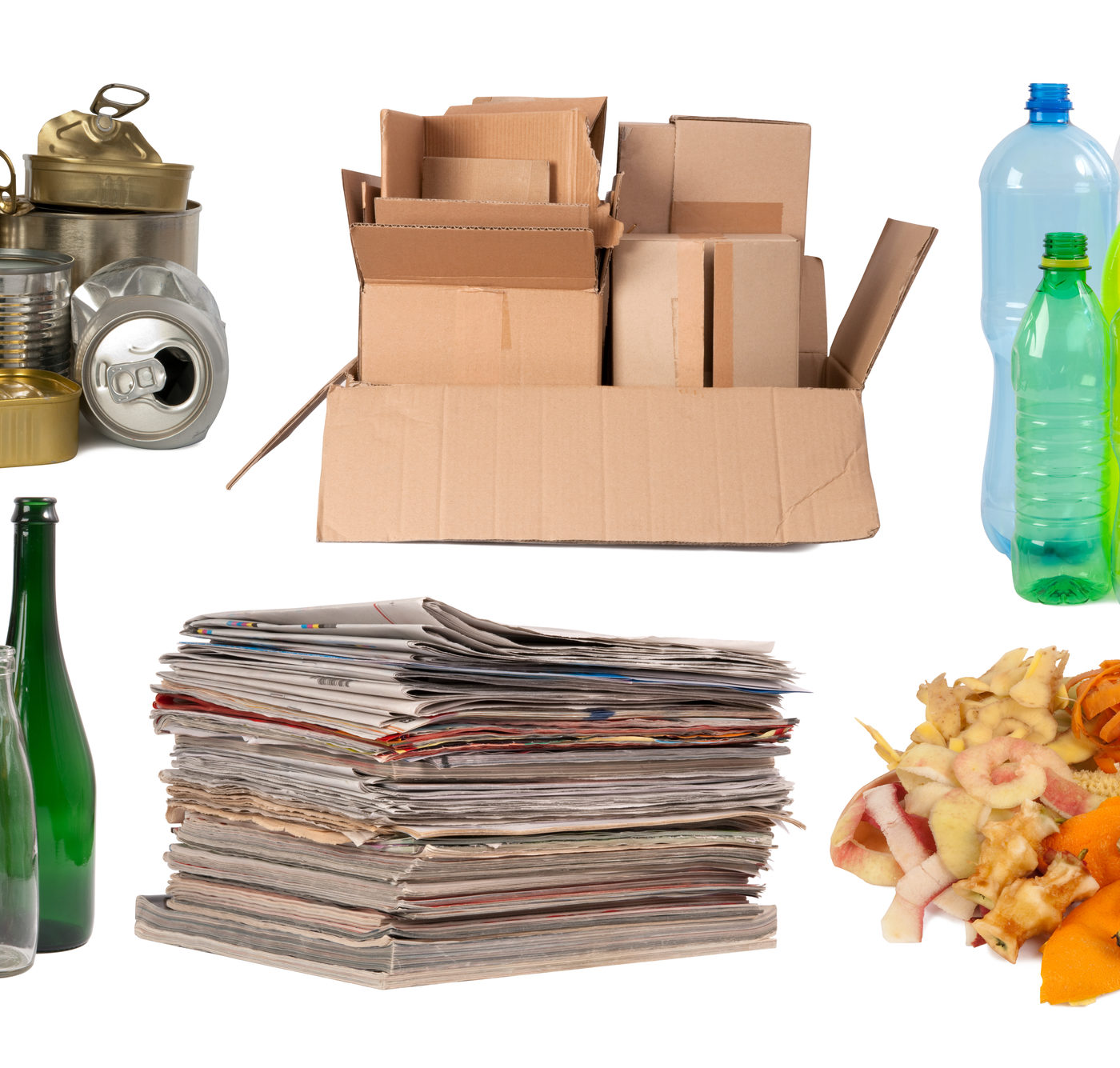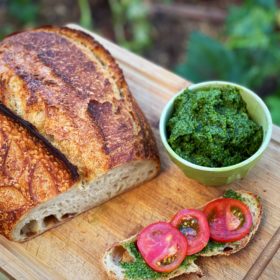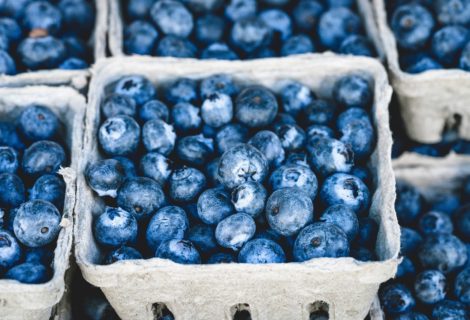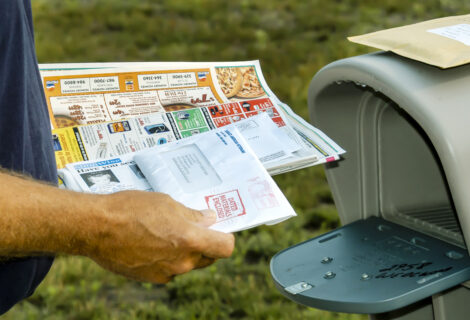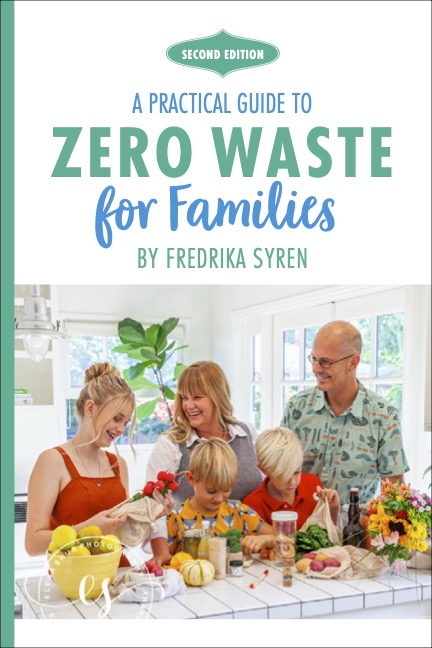One question we are frequently asked is what our first step toward achieving zero waste was. The answer: we did a trash audit. In order to reduce our waste to very little, we had to know what we were throwing into the trash. This is why a waste audit was necessary. The fact is that we couldn’t know where we needed to make changes if we didn’t truly understand our actions and consumption.
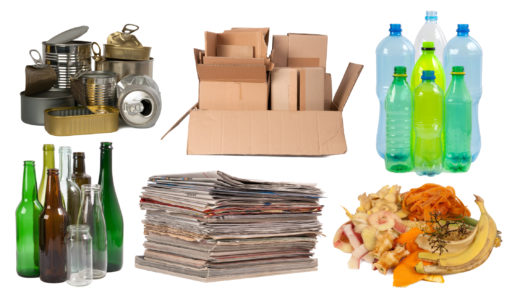
To perform a trash audit, you collect and sort all your waste before putting it out for collection. You look through what you have collected and try to identify patterns, areas for improvement, and look for waste-free replacements for items.
So here is how to perform a trash audit:
- Get everyone onboard—In order to get a good view of your trash, make sure everyone in the household is onboard and knows how and where to collect their trash.
- Make sure also to collect trash produced outside the home—If you’re at work or school, it’s still important to collect that waste, so bring a bag or Tupperware to collect your waste when not home.
- Get to know your trash—Save all waste for a week. After that, sort through it. Dump out all your trash, go through it, and write down what is there.
- Analyze your findings—Find out what you throw out the most, then next to the most, etc. For my family, food accounted for 1/3 of our waste. After that came paper towels and plastic food wrap.
- Look for solutions—Now it’s time to begin looking for zero-waste swaps. I suggest starting with what you throw away most. In our case, we began working to reduce food waste by storing food better, eating what we already had in our fridge, and grocery shopping only when the fridge and pantry were really empty. We worked on having a “leftover day,” when we eat our leftovers. Finally, for everything else, we began composting to stop any food from ending up in the waste. Since paper towels and plastic food wrap constituted the second largest source of trash, we switched to cloth paper towels, and we invested in bees wax wraps and reusable silicon food storage bags.
- Repeat—Change does not come overnight, so I suggest doing a trash audit more than once to continue learning more.
A trash audit is great chance to understand the type of waste you produce. And it can help you identify how much of your trash can be recycled, composted, swapped for a package-free option, and what you simply can stop buying. Remember the five Rs of zero waste:
- Reduce—Reduce what you need.
- Refuse—Refuse what you can live without.
- Recycle—Recycle as much as possible.
- Repair—Repair items that are broken.
- Rot—Compost all organic waste.
Watch the Story of Stuff
I really recommend watching the short documentary “The Story of Stuff” with your family.


